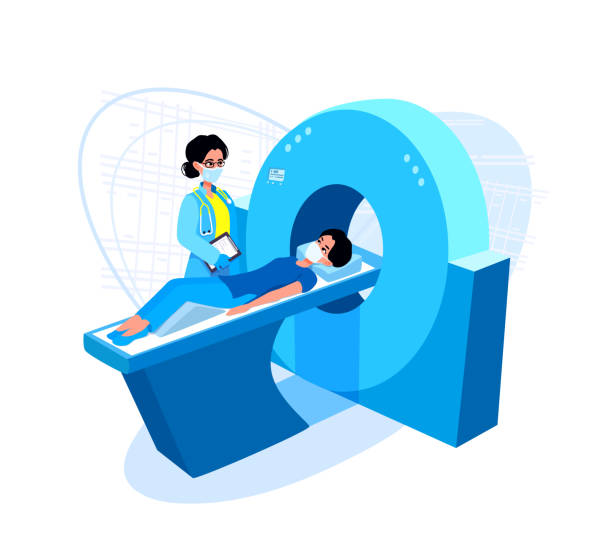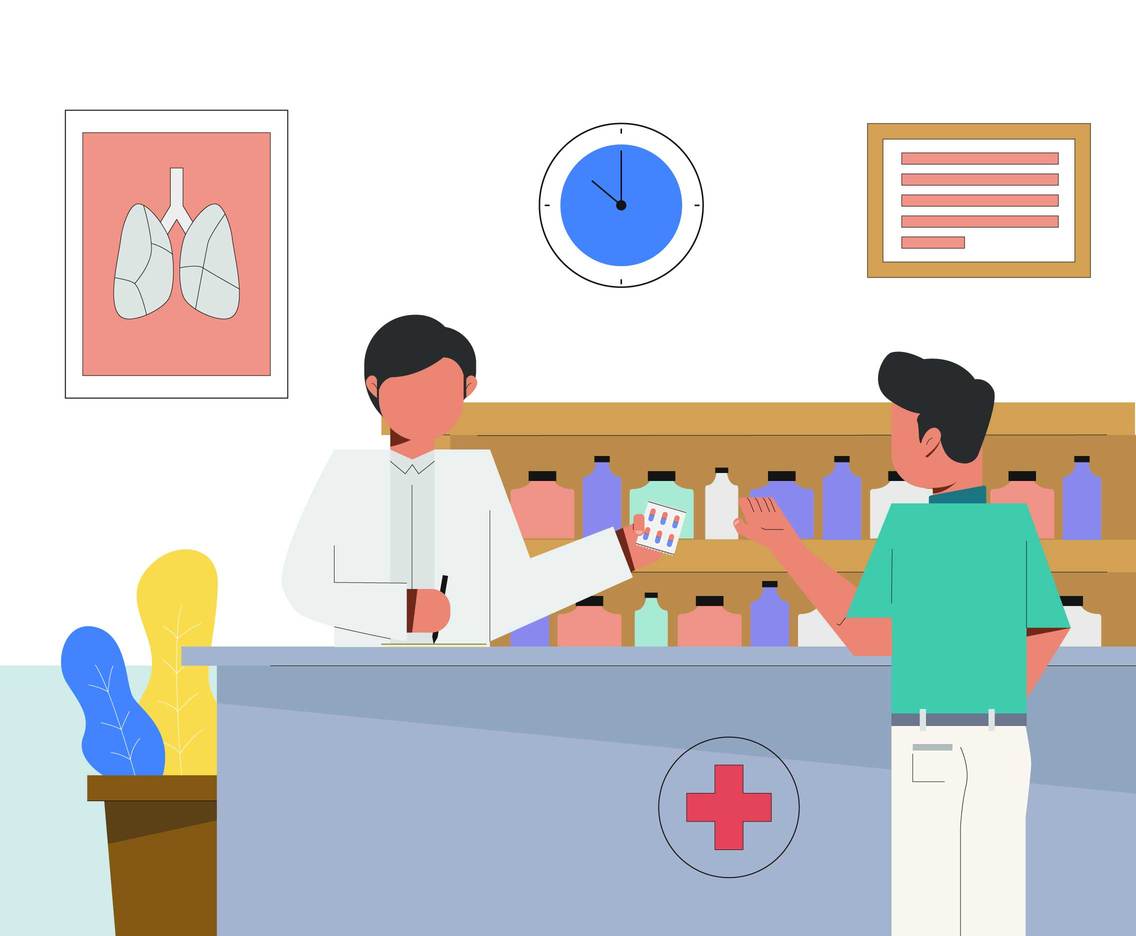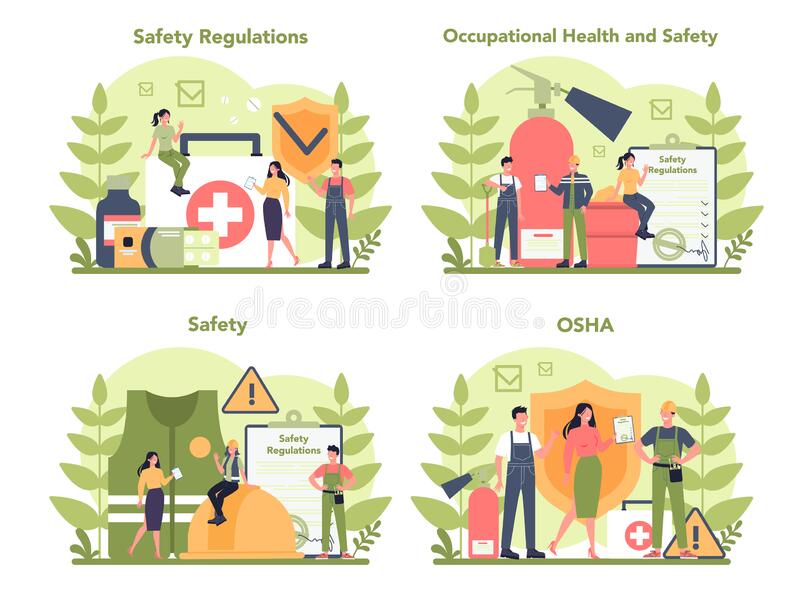Mon-Sat 9am-7pm











Nursing is an allied medicine profession within the healthcare sector that is focused on the care of patients. The patients suffer from different medical conditions that range from minor injuries and ailments to chronic long-term illnesses. Nurses support recuperation through care plans and often evaluate and focus on the needs of the patient. Nurses are the primary point of contact for the patient and their next of kin.

Registered nurses often work in hospitals or outpatient facilities, where they provide hands-on care to patients by administering medications, managing intravenous lines, observing and monitoring patients' conditions, maintaining records, and communicating with doctors. They are also relied upon to give direction and supervision to nurse aides and home health aides.
Beyond the physical support and care they provide, registered nurses may provide emotional support to patients and family members; educate patients and the general public on disease management, special diet plans, and medical conditions; provide information on home care after treatment, and teach individuals how to self-administer medication or complete other self-care tasks.
Nurses employed by physician offices and other types of facilities may have different duties depending on the level and type of care being offered.
|
Stream |
Graduation |
After Graduation |
After Post Graduation |
|
|
Path1 |
Clear Class XII with Science Stream with Biology |
Pursue B.Sc. Nursing for 4 years |
Pursue M.Sc. in Nursing for 2 years |
- |
|
Path2 |
Clear Class XII with Science Stream with Biology |
Pursue General Nursing and Midwifery (GNM) for 3.5 years |
- |
- |
|
Path3 |
Clear Class XII with Science Stream with Biology |
Pursue Auxiliary Nursing Midwifery (ANM) for 1.5 years |
- |
- |
Important Facts
Top Nursing Institutes in India
|
College |
Location |
Website |
|
Christian Medical College |
Vellore |
|
|
All India Institue of Medical Sciences |
New Delhi |
|
|
NIMHANS |
Bangalore |
|
|
West Bengal University of Health Science |
Kolkatta |
|
|
Government College of Nursing |
Khozikode |
www.universityofcalicut.info/index.php?option=com_content&task=view&id=663 |
|
Rajiv Gandhi University of Health Sciences |
Bangalore |
|
|
Maulana Azad Medical College |
New Delhi |
|
|
Jawaharlal Institute of Post Graduate Medical Education & Research |
Puducherry |
|
|
Grant Medical College |
Mumbai |
|
|
Aligarh Muslim University |
Aligarh |
Top Nursing Institutes in the World
|
Institution |
Location |
Website |
|
Yale University |
U.S.A |
|
|
University of Washington |
U.S.A |
|
|
University of North Carolina |
U.S.A |
|
|
Johns Hopkins University |
U.S.A |
|
|
Kings College |
United Kingdom |
|
|
University of Liverpool |
United Kingdom |
|
|
Keele University |
United Kingdom |
1. Cultural Awareness
This is essential to giving complete, patient-centered care. Different cultural beliefs and values influence a patient’s view of health, wellness, care, acceptance of and treatment adherence, and even death.
Understanding, respecting, and accommodating your patients’ preferences and needs with regards to their individual beliefs, customs and practices should be part of both your planning and delivery of nursing care.
Recognizing your own biases is the first step to giving culturally competent care. From there, increasing your knowledge and awareness through educational opportunities of your practicing institution or organizations like the Transcultural Nursing Society can help you further develop this skill.
2. Professionalism
Outside of your external appearance and demeanor, remember that everything you say and does reflects your ethical principles and moral values. Nurses should always exhibit professionalism in front of patients, but also with colleagues as well.
Professionalism is a nursing skill encompassing many areas: respect, attitude, integrity, responsibility, and discipline to name a few. Focus on your daily work as part of a collaborative whole, and remember that your day-to-day role and responsibilities are only part of the larger picture of patient care.
Tackling your work with a sense of professionalism reflects your dedication to the altruistic ideal of the nursing profession.
3. Attention to Detail
Developing and perfecting your attention to detail not only ensures that you’ll avoid a medical mistake, but also helps you give great patient care.
Focus on active listening—observing non-verbal cues from your patient as well as hearing their spoken words. This helps your patient feel understood, not just heard. It also helps you tune in on his or her unspoken concerns and needs.
Also, try to consider your work from a different perspective. Think of your to-do list as “people-oriented” rather than “task-oriented”. Be present and mindful with each patient encounter and avoid the distraction of thinking about the long list of other things waiting for you to do.
4. Critical Thinking
Nurses must be problem-solvers. Time and resources are always in short supply, and the to-do list is long. Skills that help bring these into balance will make your life much easier. Critical thinking integrates information, evidence, outcomes, and experiences, and translates them into effective plans and solutions for patients.
Identify problems and don’t be afraid to discuss them with your supervisor. Keep current with the findings of professional journals and become involved with your facility’s quality improvement processes. These are just two ways that you can expand your critical thinking skills.
5. Compassion
Nurses are on the front lines dealing intensely with patients, their families, and barriers in the healthcare system. Maintaining compassion is essential to providing good care, but difficult to do in today’s environment.
Nurse fatigue is a real phenomenon that requires nurses to take care of themselves first to avoid it. Exercise, meditation, or volunteerism can all be effective ways to reconnect and nurture the desire to help others that first led you toward a nursing career.
If you find you’re having trouble coping on your own, discuss your concerns with your nurse manager. More and more employers are engaging their nurses in courses on self-help techniques and stress management.
6. Time Management
Prioritize your work. Stay organized with personal checklists, flowcharts, or spreadsheets, and multi-task whenever possible. Utilize your nursing skills of anticipation, delegation, and supervision to this end.
Remember, good time management involves people management! Take the time to get to know and understand your facility’s available resources and maximize their use.
Lastly, find a nurse mentor or co-worker and brainstorm ways to maximize effective use of your time each day.
7. Communication
Nurses are the vital link between patients and providers and must communicate effectively with other healthcare personnel to coordinate patient care. Be concise and logical, and remember that how you communicate information is just as important (or more) as what you say.
Call us at +91 9205084085, Monday - Friday, 9 am - 7 pm


